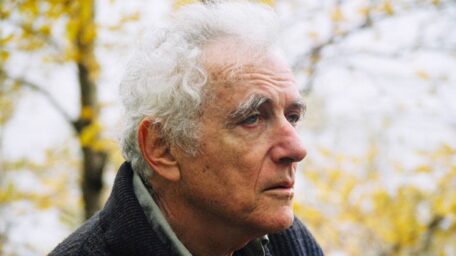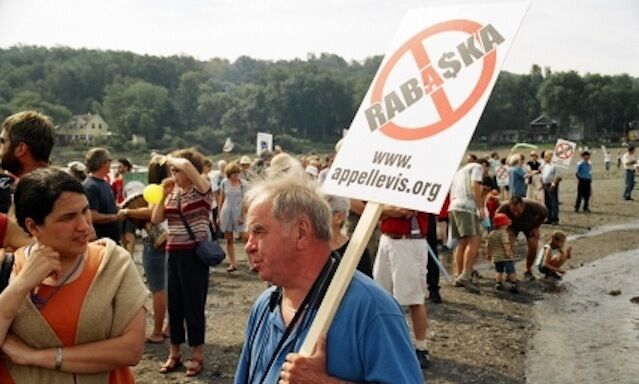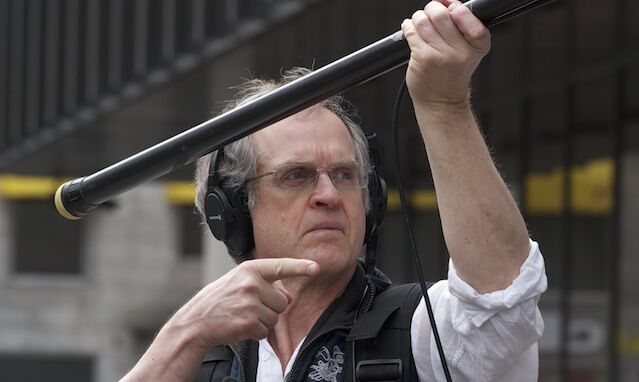Martin Duckworth

Martin Duckworth is a Canadian documentary director and cinematographer who was on staff at the National Film Board from 1963 to 1970 and has continued to work with them as a freelance filmmaker. He was cinematographer on more than 100 films, and directed or co-directed 30, most of them with the NFB.





